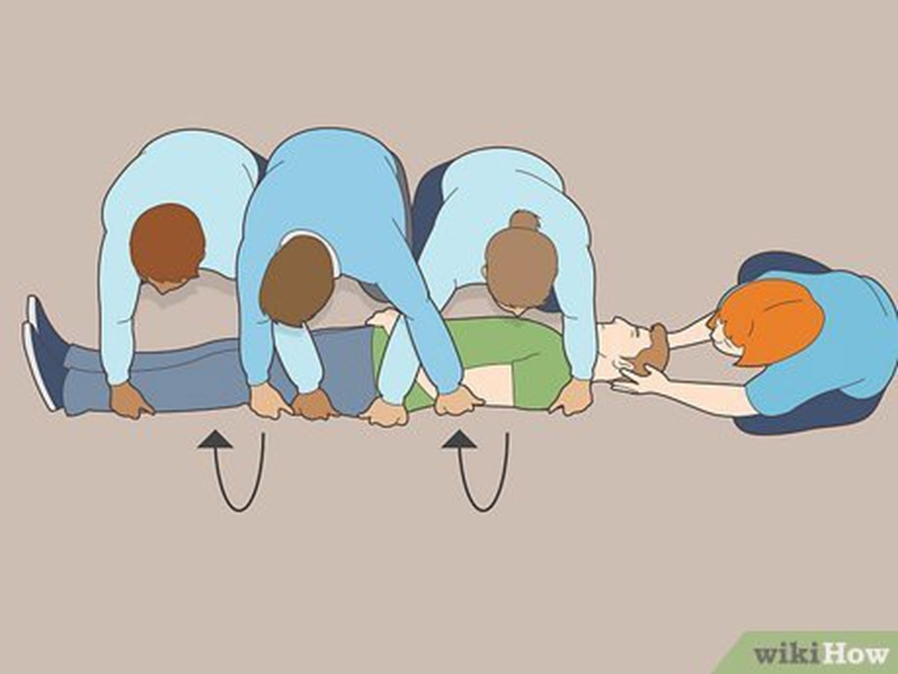A mother brings her 2-month-old to the well-baby clinic.
She mentions that when she kisses her baby, the infant’s skin tastes salty.
What standard diagnostic test should the nurse prepare the mother for to screen for cystic fibrosis (CF)?
Fecal-fat test.
Sweat-chloride test.
Pulmonary-function test.
Potassium chloride test.
The Correct Answer is B
Choice A rationale
A fecal-fat test is used to measure the body’s ability to break down and absorb fat. It is not a standard diagnostic test for cystic fibrosis (CF)6.
Choice B rationale
A sweat-chloride test is the standard diagnostic test for CF. People with CF have higher than normal levels of sodium and chloride in their sweat, which can make their skin taste salty.
Choice C rationale
A pulmonary-function test measures how well the lungs work and can be used to monitor lung disease in people with CF. However, it is not a standard diagnostic test for CF, especially in a 2- month-old infant.
Choice D rationale
A potassium chloride test is not a standard diagnostic test for CF6.
Nursing Test Bank
Naxlex Comprehensive Predictor Exams
Related Questions
Correct Answer is C
Explanation
Choice A rationale
Recognizing most letters and numbers is a skill that typically develops later in childhood, not at 3 years old.
Choice B rationale
Using 1-word sentences is a skill that is typically mastered by 2 years old. A 3-year-old child is usually able to speak in longer sentences.
Choice C rationale
Speaking in simple sentences with four or more words is a normal developmental milestone for a 3-year-old child.
Choice D rationale
Using gestures with 1 to 2-word sentences is a skill that is typically mastered by 2 years old. A 3-year-old child is usually able to speak in longer sentences.
Correct Answer is D
Explanation
Choice A rationale
Flexing the knees is not the recommended technique when moving a client who is recovering from surgical spinal instrumentation for scoliosis. While it may provide some comfort, it does not provide the necessary support to the spine that is needed during movement.
Choice B rationale
Raising the hips is not the recommended technique when moving a client who is recovering from surgical spinal instrumentation for scoliosis. This action could potentially cause strain or damage to the surgical site.
Choice C rationale
Crossing the arms and legs is not the recommended technique when moving a client who is recovering from surgical spinal instrumentation for scoliosis. This action does not provide the necessary support to the spine during movement.
Choice D rationale
Performing a log roll is the recommended technique when moving a client who is recovering from surgical spinal instrumentation for scoliosis. This technique involves the patient keeping their body in alignment while turning onto their side. It helps to maintain the integrity of the spinal fusion and prevent injury to the surgical site.

Whether you are a student looking to ace your exams or a practicing nurse seeking to enhance your expertise , our nursing education contents will empower you with the confidence and competence to make a difference in the lives of patients and become a respected leader in the healthcare field.
Visit Naxlex, invest in your future and unlock endless possibilities with our unparalleled nursing education contents today
Report Wrong Answer on the Current Question
Do you disagree with the answer? If yes, what is your expected answer? Explain.
Kindly be descriptive with the issue you are facing.
